Oppenheimer is regarded as the latest piece of event cinema to grace theaters around the world, thanks in no small part to its release alongside Barbie. While the two films may have different market appeals, the more noticeable difference setting Oppenheimer apart is its broad variety of available viewing formats. Between IMAX either in 70mm film or digital, Dolby, or more, we’re here to clear things up for the prospective Oppenheimer attendees.
Oppenheimer: Should You Watch in IMAX Digital or 70mm Film, Dolby, or Traditional Theaters?
If you have the luxury to choose, Oppenheimer is best viewed on IMAX equipped with 70mm film, as digital is an inferior experience. If you don’t have this option, either Dolby or no IMAX at all is the best alternative. Clearing things up right away, if you have an IMAX in your area, you should quickly check if it’s digital or film. Oftentimes, places like AMC, Regal Cinemas, and Cineplex will advertise that they have IMAX, and if they’re equipped with 70mm, it’ll be shown on the page.
Management will often know, and if they’re dealing with film, they will be likely stressing about it. As an industry professional, I’ve heard horror stories of the frustration surrounding when a reel of an especially long film falls off and becomes a tangled mess, and the literal blood, sweat, and tears that come with handling and cutting film.
Related: Avatar 2 in IMAX, 3D, and HFR: Best Way to Escape to Pandora
Oppenheimer is a 3-hour film, and on 70mm, it’s obnoxiously cumbersome. You’ve probably seen the news stories laughing about how it’s 11 miles long when laid out, and 600 pounds. With 70mm film being 3.5 times the size of traditional film, this isn’t a surprise, especially for long movies like this. It’s also incredibly rare to find, with IMAX listing 19 locations in the US, 6 in Canada, 3 in the UK, 1 in Australia, and 1 in the Czech Republic where you can watch Oppenheimer like this.
Why is Oppenheimer Better in IMAX 70mm Film Instead of Digital?

Oppenheimer in 70mm film allows you to see more than triple the resolution of traditional film, and the image clarity can reach a whopping 18K. Digital, sometimes referred to as “lieMAX”, is more plentiful in theaters worldwide, but is often a mere upscaling job, with 2K (2,048 x 1,080) with bulbs or 4K (4,096 x 2,160) with lasers.
Unlike in the world of audiophiles where the dynamic range argument makes digital win over analog music formats, film is still vastly superior to digital. It’s also way harder to handle and requires trained projectionists not only to run it but even to carefully unpack it.
Should Oppenheimer Be Viewed on Dolby or Traditional Theaters?
This question is more or less just “if you’re willing to settle for digital” and if you don’t have IMAX. Frankly, if your theater has IMAX and Dolby showings, but the IMAX is digital, you’re likely just as well off choosing the Dolby option. Alternately, depending on your region, there are alternatives like AVX, and it’s often cheaper for a similar experience. IMAX Digital loses the image fidelity but retains the excellent audio experience, but Dolby or AVX maintains similar features.
Christopher Nolan is an auteur director who wields sound mixing like a hammer, which some people might not enjoy. Many viewers would argue this is one of the more overbearing, insistent drawbacks of his films, so a non-IMAX, non-Dolby option might be just as worthwhile.
What About Lamp Bulbs vs. Lasers for Oppenheimer?
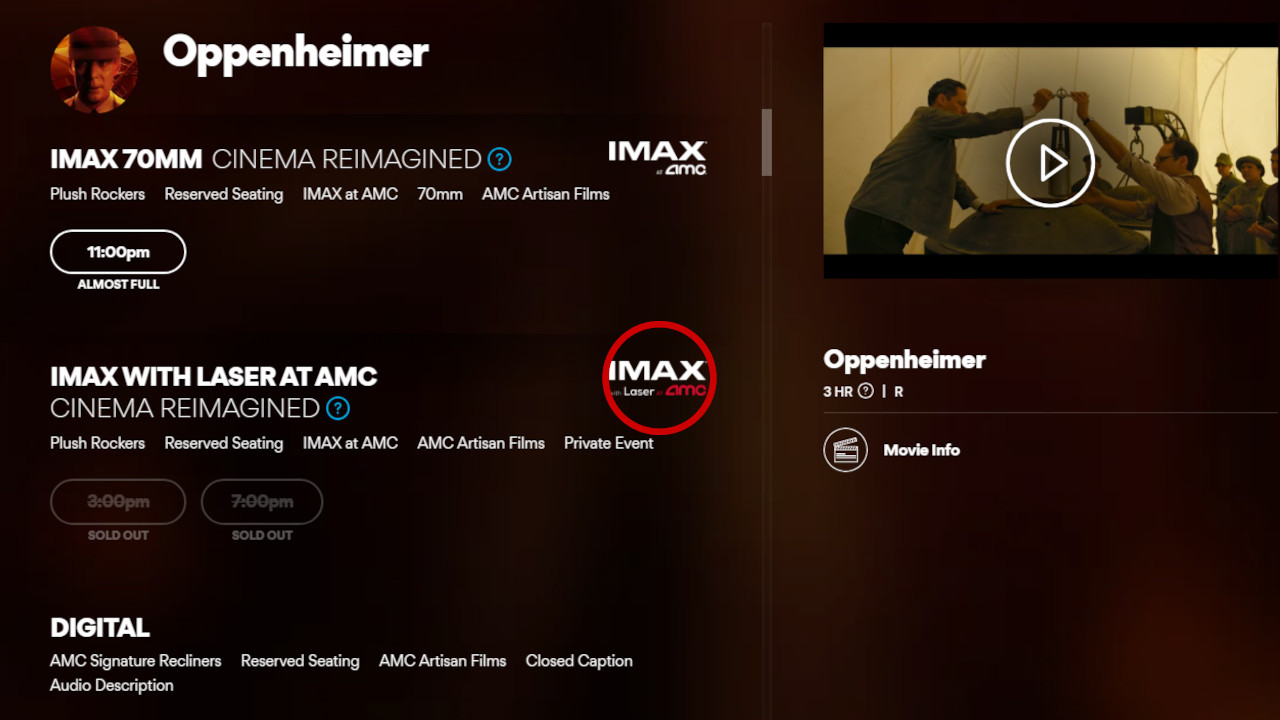
Okay, now you’re just holding up the line. But really, the bulbs vs. lasers argument is similar to the 70mm vs. digital issue: many theaters don’t have lasers as they’re very expensive. Lasers in general upgrade the visual fidelity of your movie (2K up to 4K), and are far easier to maintain (if you work there) than bulbs. They are the clear option to choose and AMC displays when lasers are used for their IMAX showings.
Some might say bulbs don’t need calibration and are thus easier, but that’s incorrect, it’s just that a lot of the calibration is automatic. The real ones also know that replacing lamp bulbs can be very scary, and you are often given Kevlar or similar materials to wear, including face masks, as they can explode if handled wrong. But the reality is that even though bulbs can break costing thousands of dollars, many companies won’t spend the extra amount to transition to lasers for a long time.
While film and lamp bulbs can be cumbersome, they create irreplaceable experiences unless you plan on shelling out a ton of cash to create a comically expensive home theater. If you have a projectionist in your life, tell them they’re a reel one; they’ll either fight the urge to slap you or love you forever. Most movie theaters dread a box office bomb, but Oppenheimer makes a spectacle out of the occasion, wherever you are fortunate enough to see it.


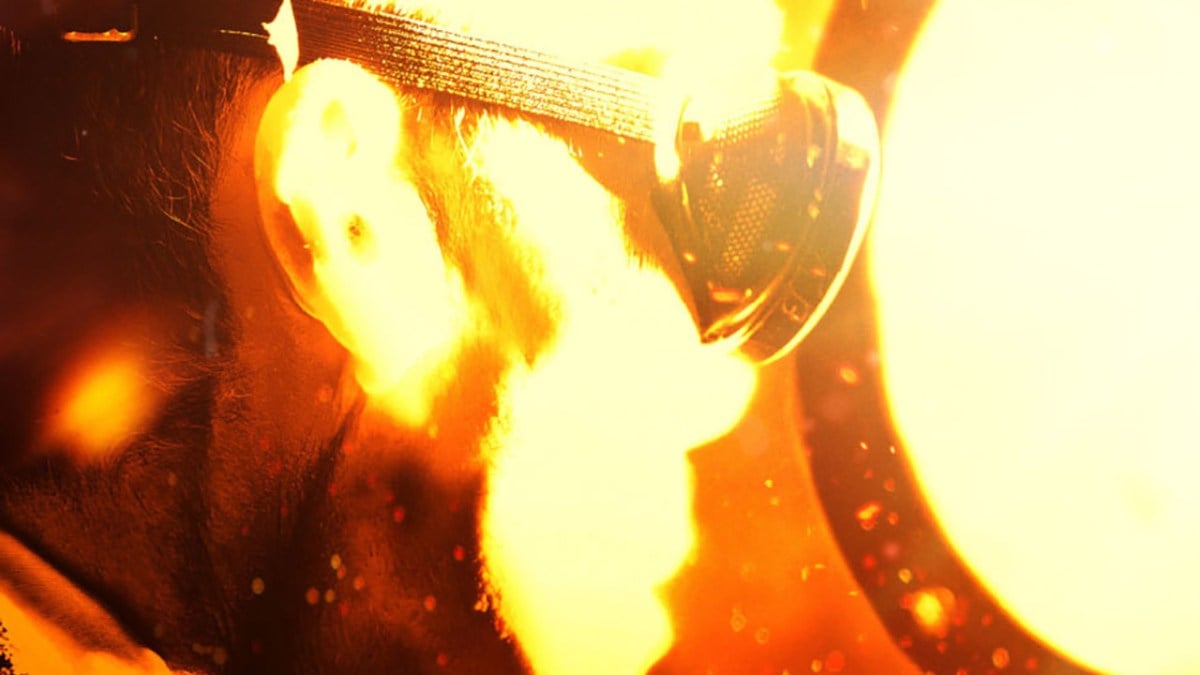
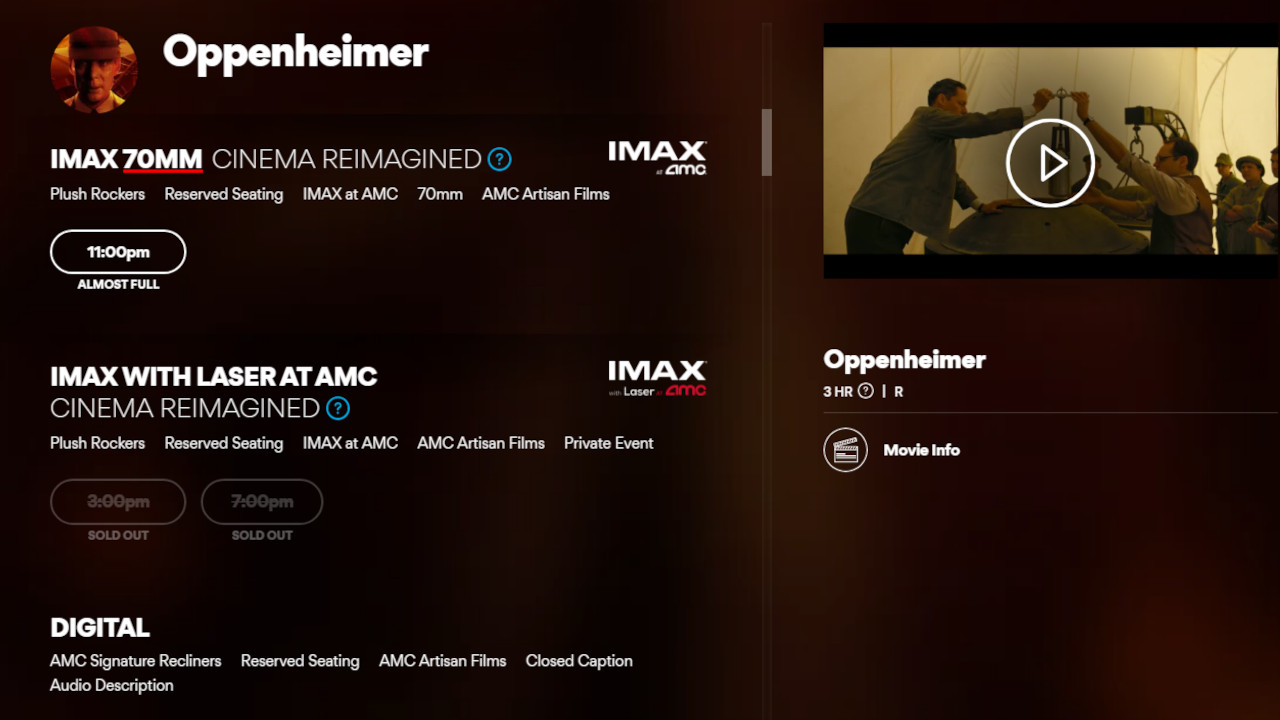
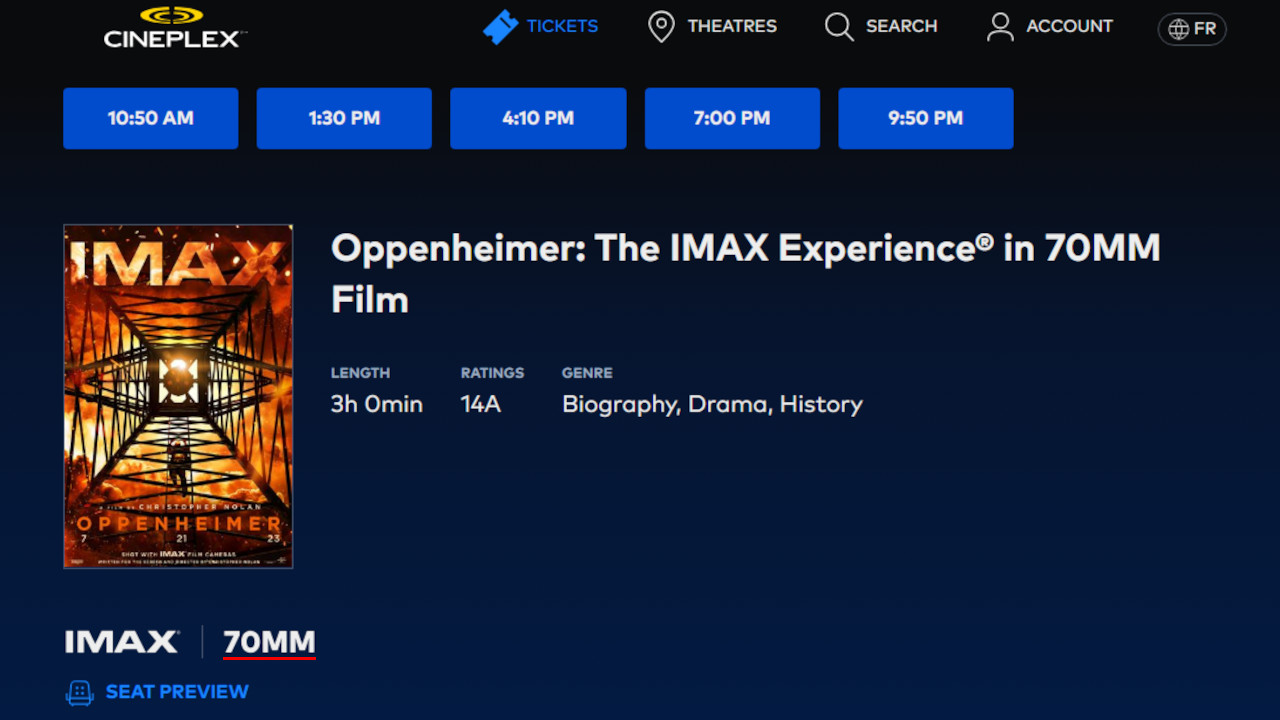
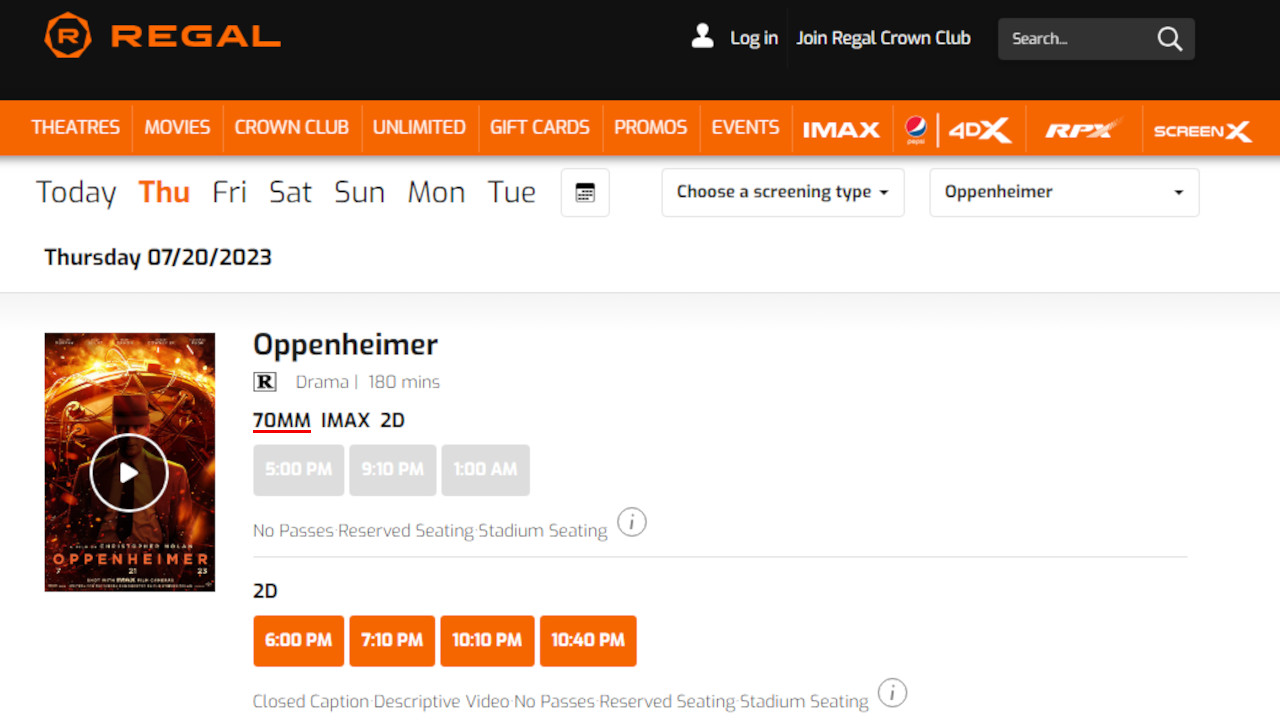





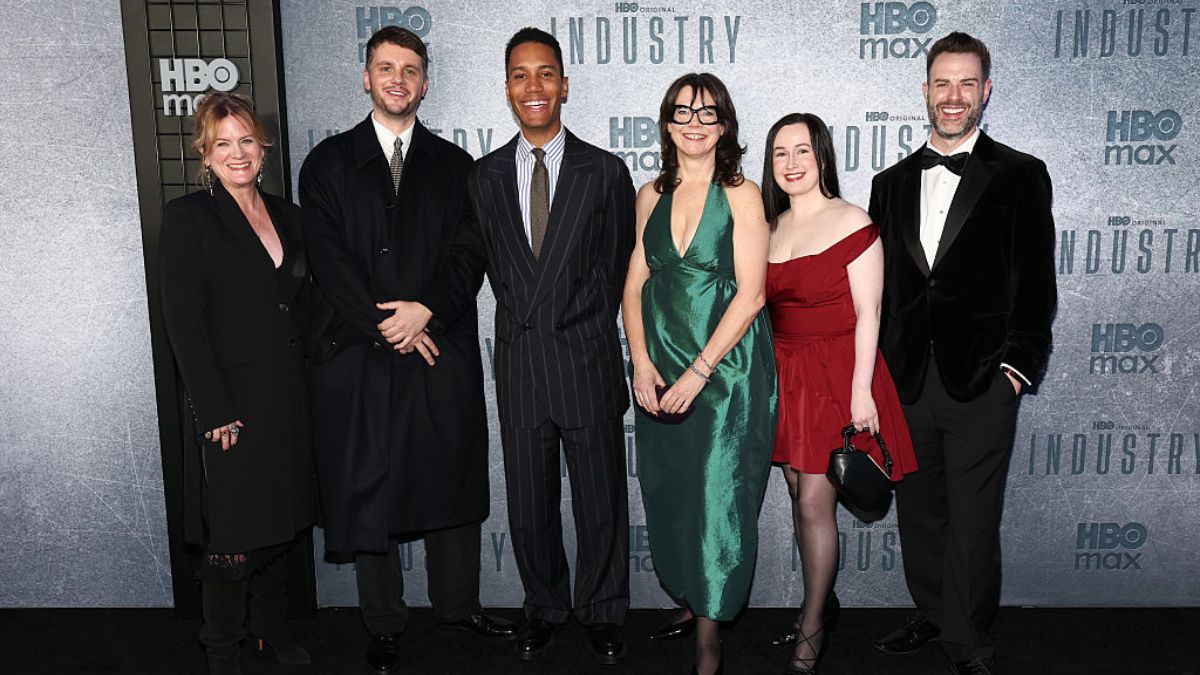

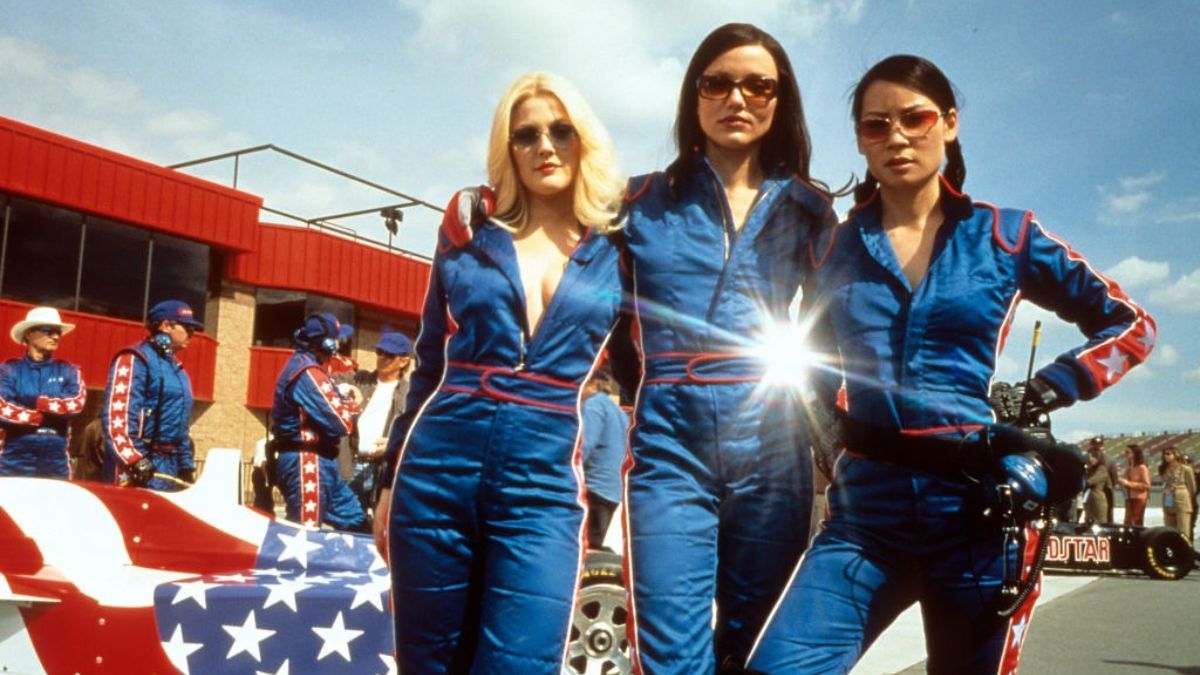

Published: Jul 19, 2023 09:46 am